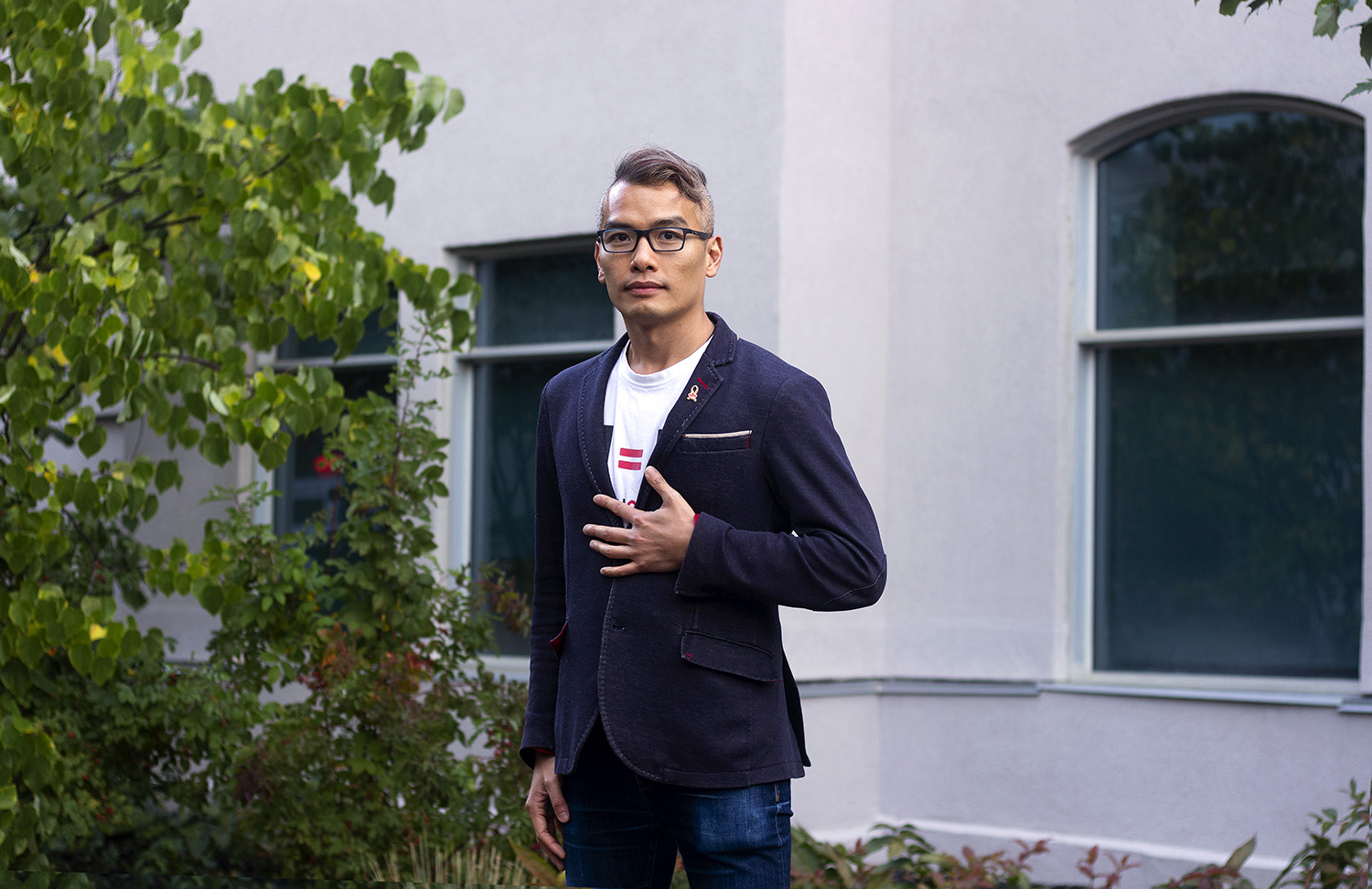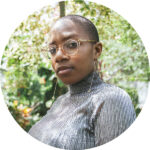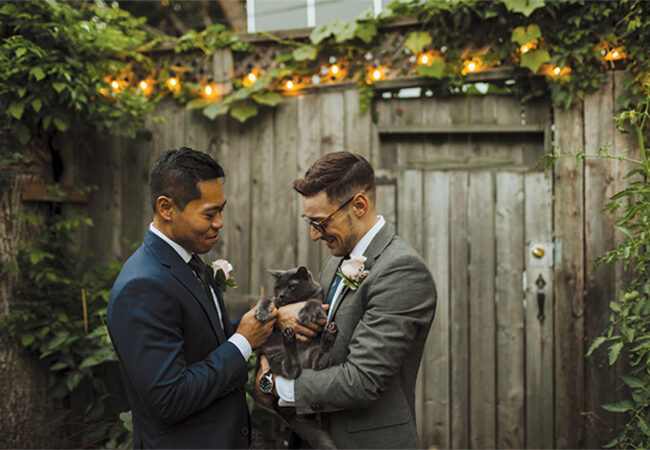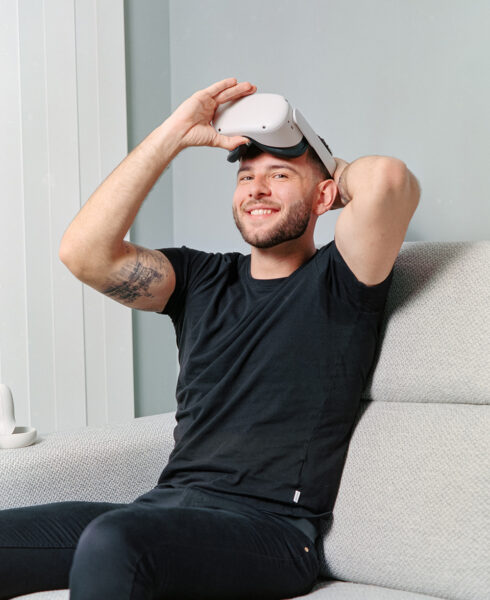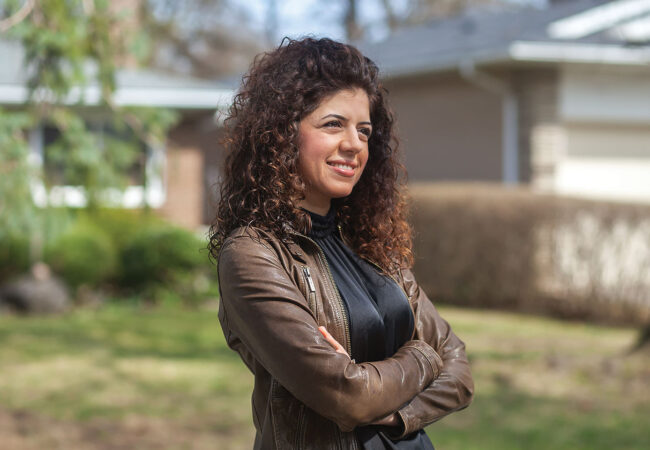For Christian Hui, lived experiences cannot be separated from his professional work. Instead, he leans into his identity as a racialized, queer, HIV-positive settler to inform his academic research.
A PhD student in Ryerson’s Policy Studies program and a Vanier Canada Graduate Scholarship recipient, Hui earlier completed undergraduate and master’s degrees in Ryerson’s social work program.
For his doctoral studies, he is embarking on a multi-layered research process, called the Positive Health Equity Action Plan. His goal is to explore the impact of privilege on the clinical health outcomes of people living with HIV.
He also wants to build a space where his community advisory board, policymakers, researchers and representatives of AIDS service organizations can come together to co-create sustainable health equity policies. “The core of my work is to examine the power relations and historical events that led to the oppression and marginalization of specific communities,” Hui says.
Racialized and Indigenous people, trans people, people who use drugs, sex workers and even cisgender heterosexual people who make up a smaller portion of those affected by HIV will be considered in the research.
Historically, research and a lack of access to resources have done considerable harm to Indigenous, Black and other racialized communities, Hui says. In his past decade of activist work, he noticed the disparities in access and uptake of new biomedical HIV prevention such as pre-exposure prophylaxix (PrEP) which had not fully benefitted groups other than white gay men. While PrEP has become more accessible, much work remains so more can benefit from it.
Hui learned he was HIV positive when he was 25 years old. Later, he sought support from Toronto’s Asian Community AIDS Services (ACAS), an organization providing culturally safe services where he felt at home. “As opposed to feeling ashamed when I sought out services at mainstream organizations, I began to thrive with ACAS and started volunteering. ”
What some in his field might consider a bias, he considers a strength that allows him to reflect the needs of his communities. “Some people may argue I’m not objective, or that I’m biased, yet I’m proud that it’s lived experiences and values that inform and fuel my work.”


